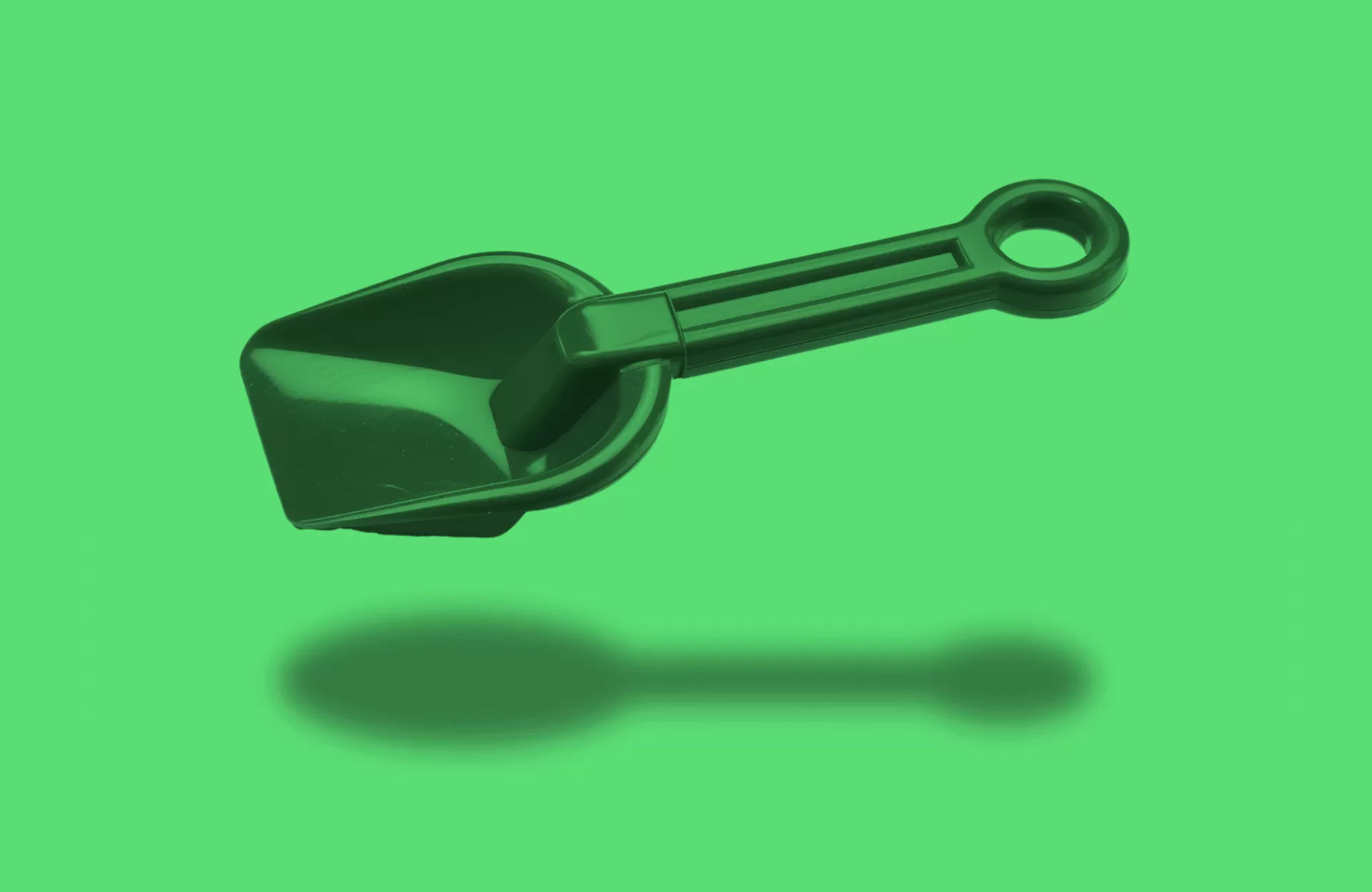
Sandpit workshops on AI in molecular design and assistive robotics
Wübben Stiftung Wissenschaft is funding two more sandpit workshops in the natural sciences and engineering. A workshop in Ingelheim from November 25 to 27 will look at using generative artificial intelligence (AI) in molecular design. This will be followed next year by a workshop in Lübeck on assistive robotics in rehabilitation and care. The aim of both workshops is to initiate new research projects, strengthen interdisciplinary dialogue, and signpost responsible ways of handling data and AI.
“The sandpits funded by Wübben Stiftung Wissenschaft are interdisciplinary workshops for research ideas,” says Peter-André Alt, Management Board Spokesperson of Wübben Stiftung Wissenschaft. “The participants get to spend three days working on pioneering research avenues in unfamiliar settings. The format differs from conventional conferences and is new for many of the participants. We hope that the sandpits will be a seedbed for bold and surprising ideas.”
Generative AI for biological sequences
The workshop in Ingelheim will focus on safe ways to use AI to design molecular sequences. Experts in synthetic biology, bioengineering, informatics, medicine, ethics, and politics will discuss opportunities and risks. “Synthetic biomolecules developed with the help of AI can open up new possibilities for drug development and precision medicine,” says Maximilian Sprang, the lead proposer for this workshop, who is a junior research group leader at the University Medical Center Mainz. “However, we must not ignore the risks and ethical concerns. In the worst case scenario, AI models could be used in biological warfare.” The participants will develop strategies for safe, responsible use of AI, and discuss technical protection measures, institutional controls, and options for global regulation. The results will be summarized in a paper that sets out recommended courses of action, and an interdisciplinary advisory board will be set up to work on the topic on a long-term basis.
Wearable sensor technology for assistive robotics
The workshop in Lübeck will investigate how wearable sensor technology can give people with physical limitations greater independence and reduce their care needs. The aim is to develop new approaches for data capture and interpretation. “We are focusing on three questions,” says Julia Starke, one of the two workshop proposers and a junior professor at the Institute of Robotics and Cognitive Systems at the University of Lübeck. “How do assistive robots learn to adapt autonomously to the individual abilities and preferences of patients? How do we bridge the gap between high-quality data in a controlled laboratory environment and incomplete data in the real world? And how do we achieve the right balance between autonomous assistance functions and direct user control?” The workshop will bring together researchers from engineering, informatics, sports science, robotics, AI, rehabilitation, and human-machine interaction. The results will inform a paper for researchers with suggestions for future fields of research in the area of wearable sensor technology.
In 2025, Wübben Stiftung Wissenschaft approved five sandpit workshops, with funding totaling EUR 200,000. A sum of up to EUR 50,000 can be applied for per sandpit. The call for proposals for 2026 will be announced shortly. Further information about the sandpit funding program can be found here.
Contacts for scientific queries
Generative AI for biological sequences
• Maximilian Sprang, Junior Research Group Leader for Bioinformatics, University Medical Center Mainz, masprang@uni-mainz.de
• Georges Hattab, Research Group Leader, Centre for Artificial Intelligence in Public Health Research, Robert Koch Institute / Adjunct Professor, Freie Universität Berlin, hattabg@rki.de; georges.hattab@fu-berlin.de
Wearable sensor technology for assistive robotics
• Julia Starke, Junior Professor, Institute of Robotics and Cognitive Systems,
University of Lübeck, julia.starke@uni-luebeck.de
• Isabell Wochner, Research Group Leader,
University of Tübingen / Hertie Institute for Clinical Brain Research, isabell.wochner@uni-tuebingen.de
The Foundation
Wübben Stiftung Wissenschaft is a private grant-making foundation based in Berlin. It aims to strengthen Germany’s position as a science and research hub by supporting outstanding academics at various career stages.